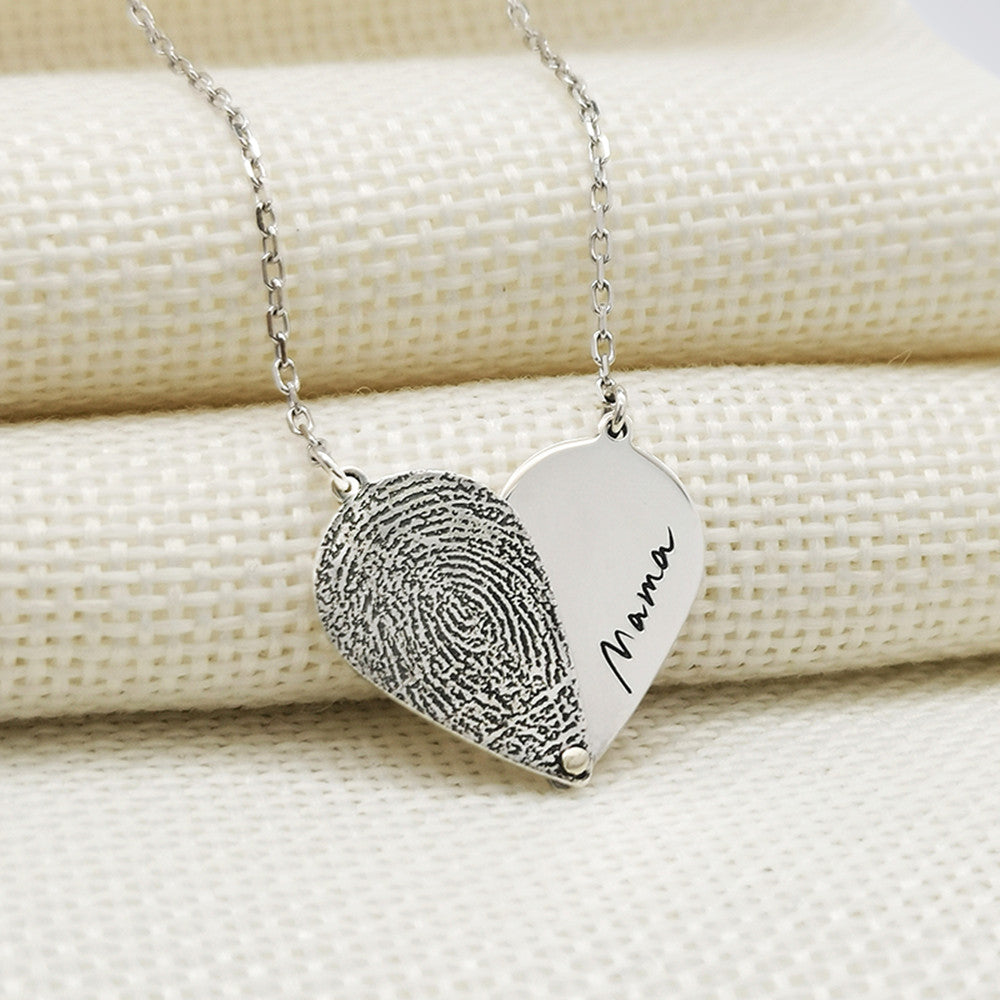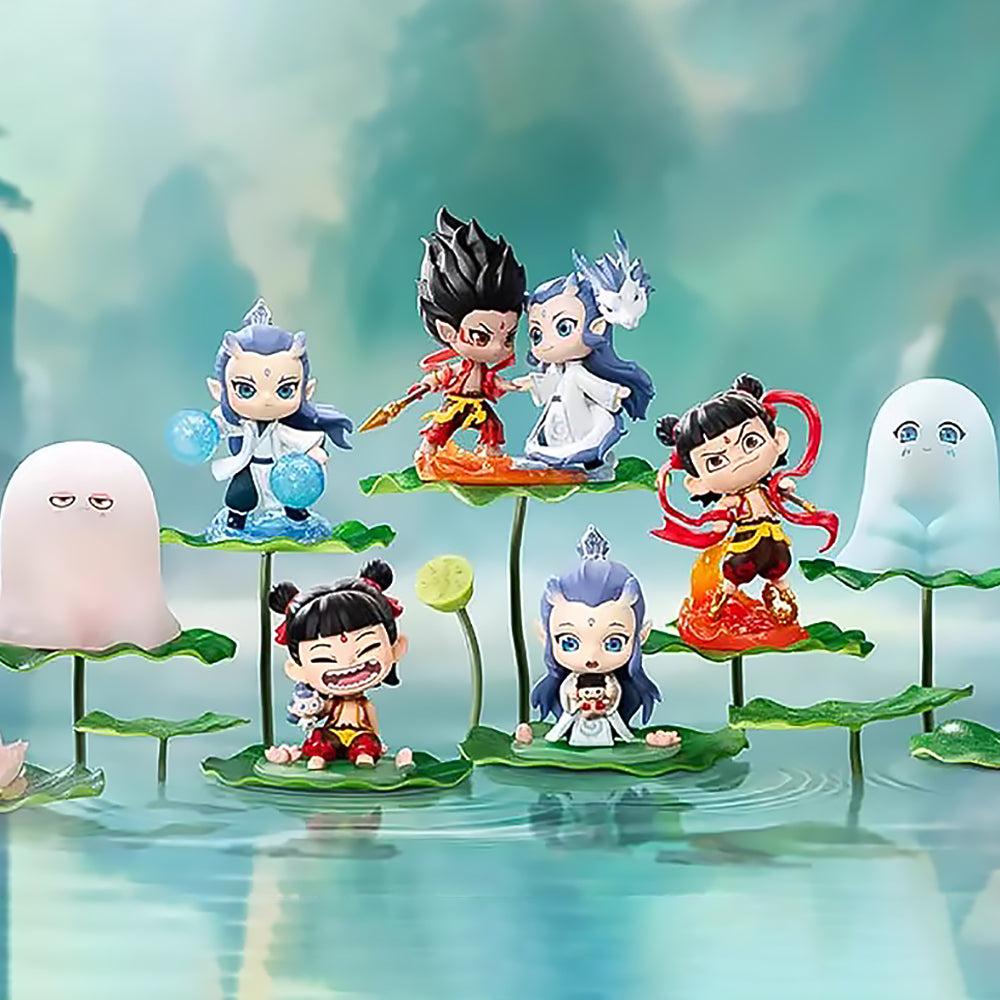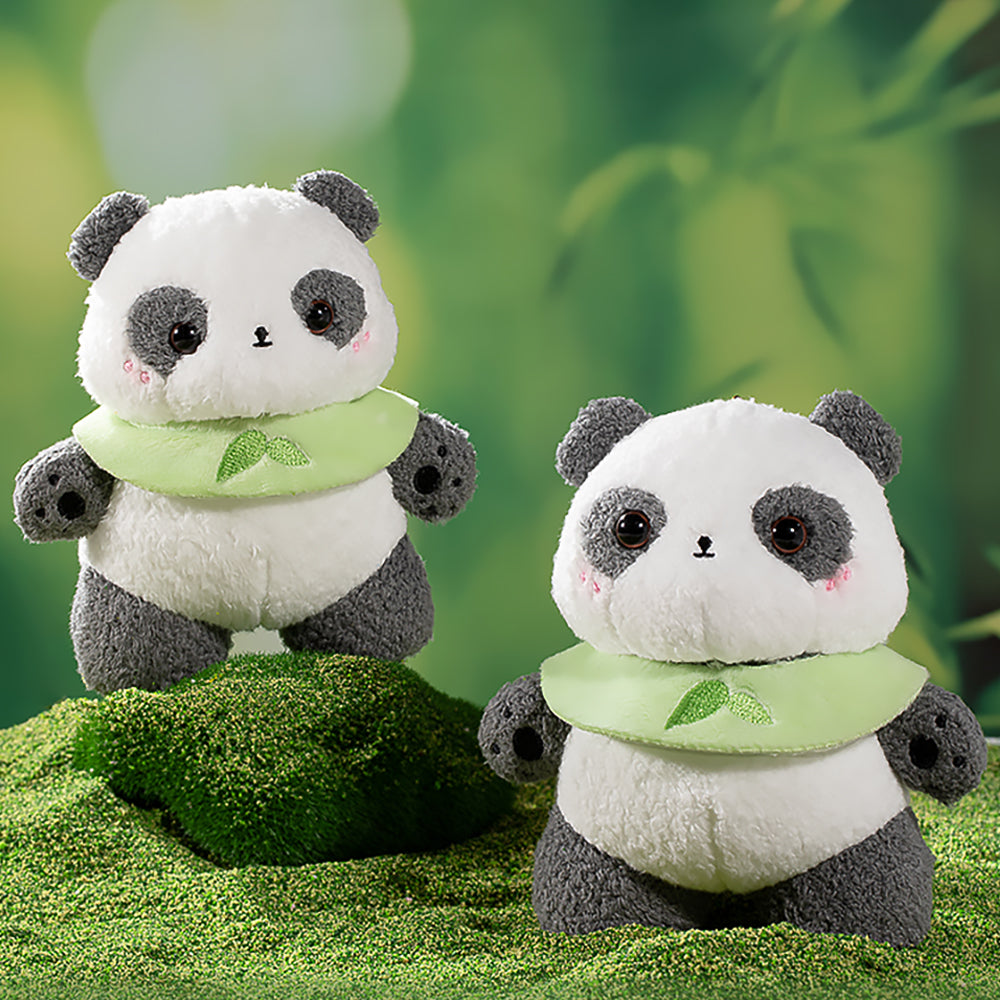Gift Giving Tips for Foreign Friends: A Cultural Guide
Gift giving is an art, and each country has its own customs and traditions when it comes to this practice. A well-chosen gift can bring joy and strengthen relationships, but a poorly selected one can lead to unintended misunderstandings. Cultural differences and varying worldviews mean that different countries and ethnic groups have distinct preferences and taboos when exchanging gifts.
Here are four key principles to keep in mind when giving gifts to foreign friends:
1. Highlight the Cultural Identity of the Gift
One of the safest and most appreciated choices when giving gifts to foreign friends is to focus on items that showcase your country’s cultural heritage. In China, items like silk, porcelain, traditional paintings, and paper-cut crafts may seem ordinary, but in the hands of a foreign recipient, they become highly valued and cherished for their cultural significance. These types of gifts can help convey a sense of national pride and appreciation for traditional craftsmanship.
2. Emphasize the Sentimental Value of the Gift
In international exchanges, it’s important to remember the saying "it’s the thought that counts." Many countries frown upon overly extravagant or expensive gifts, as they can create discomfort or even raise concerns about bribery. Instead, choosing a thoughtful, symbolic gift that reflects the giver’s genuine intention often leaves a much better impression. A small but meaningful gift can convey warmth and respect more effectively than an expensive one.
3. Respect Cultural Differences and Avoid Taboos
When selecting a gift for foreign friends, it’s crucial to respect their customs and traditions. A deep understanding of the recipient’s cultural background will help you avoid any potential faux pas. For instance, certain symbols, numbers, or even colors may carry negative connotations in different cultures. It’s wise to research any taboos related to the type of gift, its packaging, or presentation. Being aware of these nuances will help ensure that your gift is received in the best possible light.
4. Tailor the Gift to the Individual and Occasion
Personalization is key when giving gifts to foreign friends. Consider the recipient’s personality, interests, and tastes when selecting the gift. A gift that aligns with their preferences and lifestyle is much more likely to be appreciated. Additionally, the context of the gift exchange matters. For example, during formal state events, it is customary to present foreign dignitaries with flowers or artistic items. For a family gathering, it’s appropriate to give flowers to the hostess, local specialties, or crafts, and perhaps small toys or sweets for children.
Conclusion
Gift giving across cultures requires careful thought and consideration. Understanding the recipient’s cultural background and customs is key to avoiding any awkward situations. When in doubt, doing some research beforehand is always a wise approach. And remember, buying gifts in your home country is often a better choice than purchasing them abroad, as it adds a personal touch to the gift. By following these guidelines, you can ensure your gift will be well-received and leave a lasting, positive impression.


